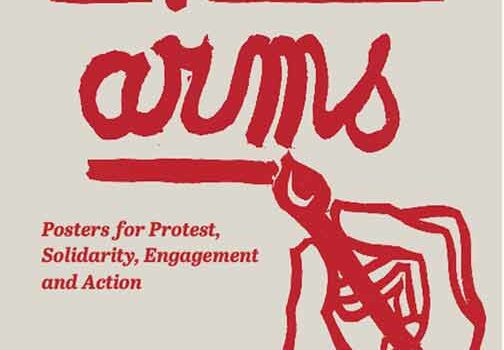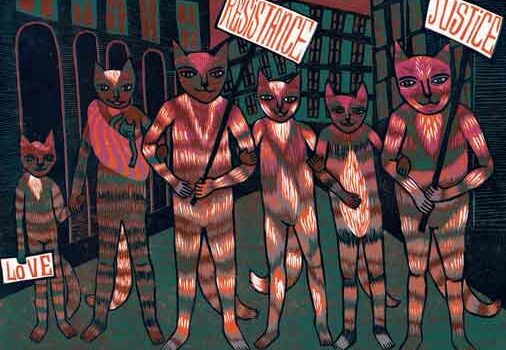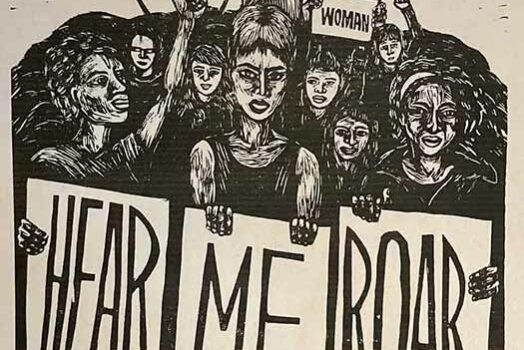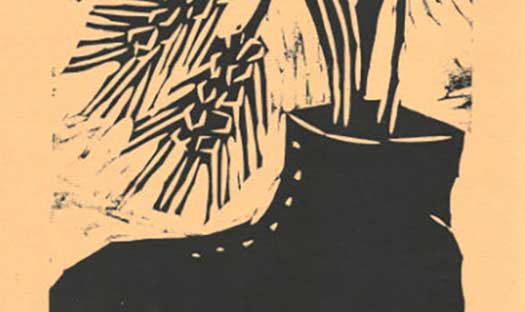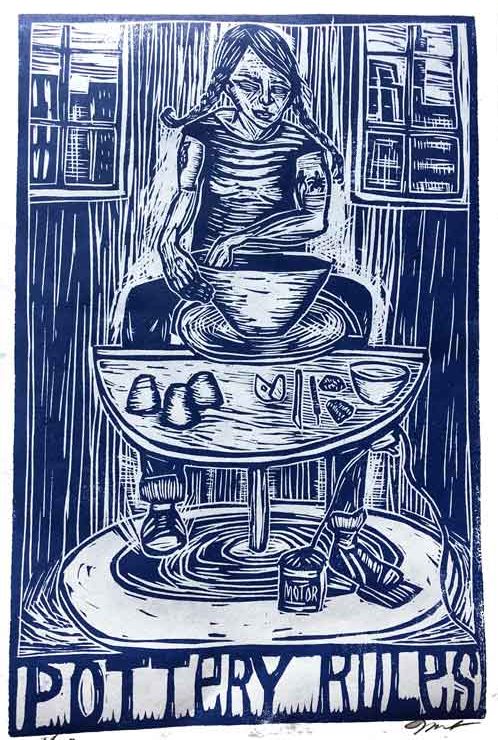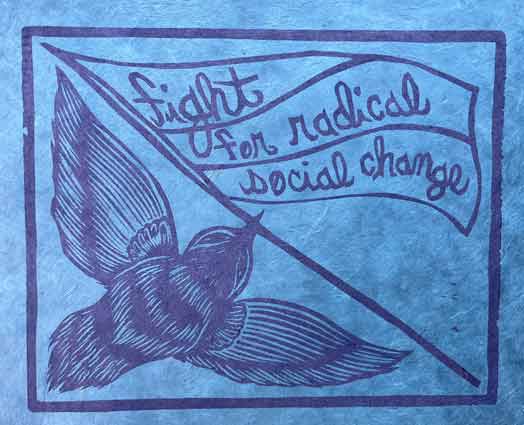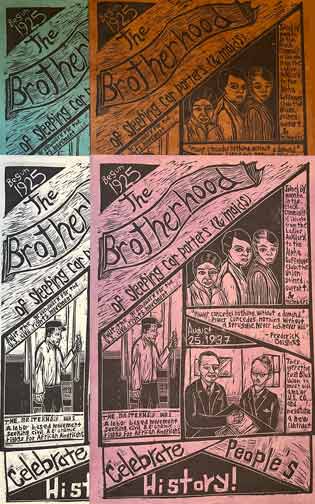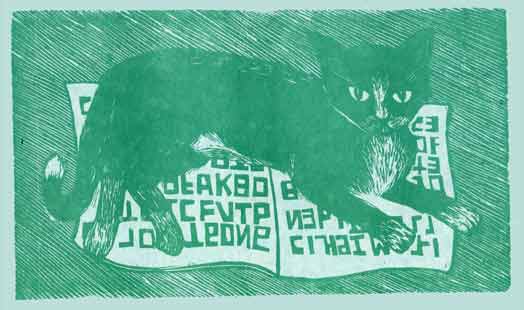
To purchase a copy, you can click HERE.
To check out the tumblr website for this project, click HERE.
My partner of 47 years was born to a French mother and an Italian father in a small town in Uruguay, South America in 1940. He started studying piano at age 5 and began composing at age 15. In 1957 he moved to Montevideo, the capital, to study music. In 1962 he immigrated to the USA to study composition and received a scholarship from Peabody Conservatory in Baltimore where he graduated in 1967. I was born in Washington, DC in 1945 and grew up there until age 10 when we moved to the mushrooming, pre-Beltway Maryland suburbs. I attended the University of Maryland, College Park from 1963-67 and graduated with a BA in English. During my freshman year I discovered modern dance. From that revelation on dance became my unquestioned path and opened many doors.
All my life I’ve attempted to not allow myself to feel victimized for being who I am, trusting myself through trial and error. I realized I was not like other boys, or the way a young male is “supposed to be” growing up in the 1950’s-60’s. My step-grandmother unhesitatingly labeled me “sissy” for trying to play the piano. An 8-year old has little ammunition to fire back when hurt by elders. I learned. Although persecution was sometimes the encountered situation, I found ways to avoid confrontation, bullying or being beaten up in junior high school. My partner has spoken of his childhood when he too was singled out for being who he is and doing what came naturally. He handled it differently and successfully. He confronted the classmates who teased his younger sister and taunted him. He fought back defending her which seemed to prove to them that he was macho.
1965 was the year my partner and I met. No joke, it was love at first sight immortalized in Some Enchanted Evening. It was at a Halloween Party, gay and found through the grapevine, near Washington, D.C.’s DuPont Circle. The area was an “artistic” neighborhood and gay. “Gay” at the time meant more or less “carefree” and did not refer to homosexuals who were beginning to emerge from the closet, and who usually did not openly invite the topic as today. Perhaps the term was incubating around that time. In those days gay bars existed but discreetly. There was always the possibility of an undercover cop or raid. At the Georgetown Bar and Grill on Wisconsin Avenue, every time the front door opened, conversation stopped and heads turned to check who entered. Funny that one of the bars, the Hideaway, was off Pennsylvania Avenue near the FBI building. We’ve all heard that J. Edgar Hoover covered up his alleged homosexuality.
From the moment we met, my partner and I were contentedly engaged with each other and with going to school for music and dance. As part of my graduation, he composed a score to six short poems I wrote for the dance I choreographed. That began our artistic collaborations that continued with my dance company until 1990 and still exists today as I help him with his music projects. We’ve been doing this for 45 years.
Dance became my “devout calling” in 1964 and New York City was Mecca. In 1969, however, my partner was invited by the West German Senate to be a composer-in-residence in West Berlin. I make the distinction “West” because the Cold War in those days was deadly hot and no game unless played for life or death. Berlin is unified today. Then it was a divided, dangerous, depressing place with old women in feathered hats who had lost their husbands and sons in WWII, and isolated by East Germany with USSR backing. For a year we made music and dance that kept us busy performing and touring. While out of the United States, we missed historic and life-altering events back home during 1969 such as the Stonewall Riots. We did witness the first man-moon-walk in front of an appliance shop window full of television screens. Although we could have stayed in Europe, New York City was where dance was happening and that’s where I desperately wanted to be. My partner, fortunately, supported me. But there were issues. For one he was not a citizen. Eventually the Green Card situation got worked out with help from, then Vice-President, Spiro Agnew. We confidently moved to New York in May 1970 with $400 between us, no jobs, but had rented an $86 per month tub-in-the-kitchen apartment in the West Village. I was 25. My partner was 30.
We lived near Stonewall and the gay scene. The world of the 1970’s had changed for the better it seemed, with optimism yet numerous demonstrations. Peace. Love. Hippies. LSD. Recreational sex. Flower children. The Twin Towers were rising. A sense of freedom resulting from liberation was in the air. We were part of it; in it. Good vibrations! But living our music and dance was paramount. Creativity takes time. Time for distraction and reflection. Didn’t Einstein observe that the residue of seeming inactivity is creativity? In part, our being active in our respective fields kept us inactive in others such as Gay Liberation. However we were committed as much to that as to the end of the Vietnam War, freedom for all minorities led by the Black Is Beautiful/African-American call to arms by peaceful protest marches, as well as the desired impeachment of Richard Nixon; but brought to numbing reality with the assassinations of JFK, RFK, Malcolm X and Martin Luther King.
We were fortunate to live during this upbeat era not only because of these confrontations fighting against discrimination and advocating social causes and equality, but also because the arts were flourishing. Dance was in its golden age. New music got easy attention. The National Endowment for the Arts was recently created. All this evolution was productive for us and our careers. We were content with how things were improving, at least changing in seeming positive ways. New York was home for the next 27 years. Looking back, that yesteryear optimism is sorely missed today. It now seems universally tainted with inertia and replaced by cynicism.
Since my partner I were employed by New York City institutions that were forward looking regarding domestic partnership and concerned that their employees’ rights were equal and on par with all New Yorkers, we decided to “get married” so to speak. We took Domestic Partnership solely for financial, health rights, tax and legal reasons. The ceremonies and receptions, the institution of marriage, did not matter. The point is that we deserve all benefits every legally married couple is offered despite being indifferent to social, societal, ceremonial aspects of walking down the aisle. On July 21, 1994 with our neighbors, a gay couple of our generation who were together for many years, we became Domestic Partners. We four best friends and reciprocal Best Men subwayed to City Hall and tied the knot in the eyes of New York City law one summer afternoon at lunchtime. With Domestic Partner Certificates signed, sealed and packed in our briefcases, we decided not to return to work but celebrate. We took our honeymoon cruise on the Staten Island ferry after which we strolled up lower Broadway to have dinner at the classy restaurant, Chanterelle. We were royally received befitting queens and felt like kings. I say this because the four of us felt as though we did not fit a stereotype of “Oh he’s femme; the other’s butch.” Pegged into one role or part is as false as pretending to be straight to fit in to be accepted or succeed. We are ordinary folk who are homosexuals and beyond that which matters more; and who want to share similar life views, values and goals, not just a singular lifestyle; and will accept everyone while expecting everyone to accept us.
On “retirement” we moved to Bucks County, Pennsylvania. We found that we comfortably fit in as who we are; two older gentlemen, partners of the same sex, without a suburban lifestyle mentality. We were welcomed by fantastic neighbors who are straight with children. When we moved to Pennsylvania, the New York City Domestic Partnership became legally worthless. Once again it was our neighbor friends, who had also retired to Bucks County, who told us they were planning on having one adopt the other for legal benefits. They were in their 60’s. After they successfully became father and son, the older adopting the younger, we followed. My partner adopted me as his son on April 10, 2000. “Adult” adoptions were the last of the day on the court’s schedule, after the norm which involved young-aged children with their parents and accompanying adults. We detected no negative or discriminatory attitude from those conducting the proceedings. I believe the judge was a Republican. It is funny to think that if Pennsylvania ever approves gay marriage, we would have to de-adopt if we wanted to marry. A dad marrying his son would be incest and a crime.
At our age, we know it’s not like those days of our youth when homosexuality was more a subculture, somewhat underground, and not as mainstream as today. There is also a different brand, different level of bullying these days but with familiar outcomes. There will always be everything possible and unpredictable that results from being human, from the positive to the bad that must be dealt with generation after generation. Talking about problems helps. How much is solved is both an individual and collective proposition. Each one of us must confront our preconceived notions and stereotypes that might border on prejudice and discrimination, even those of us who have faced and still face hostility and seek equality. Do we feel confident our rights are secure and will be protected and defended? This is not easily delivered, and is a task that requires vigilance in a fickle and ill-adjusted world in a partisan, political climate. We are as normal as mom’s apple pie, and want what every person desires in their daily, ordinary lives: respect and tolerance. Expectations are not always reality.
–Ken Rinker, May 2012
